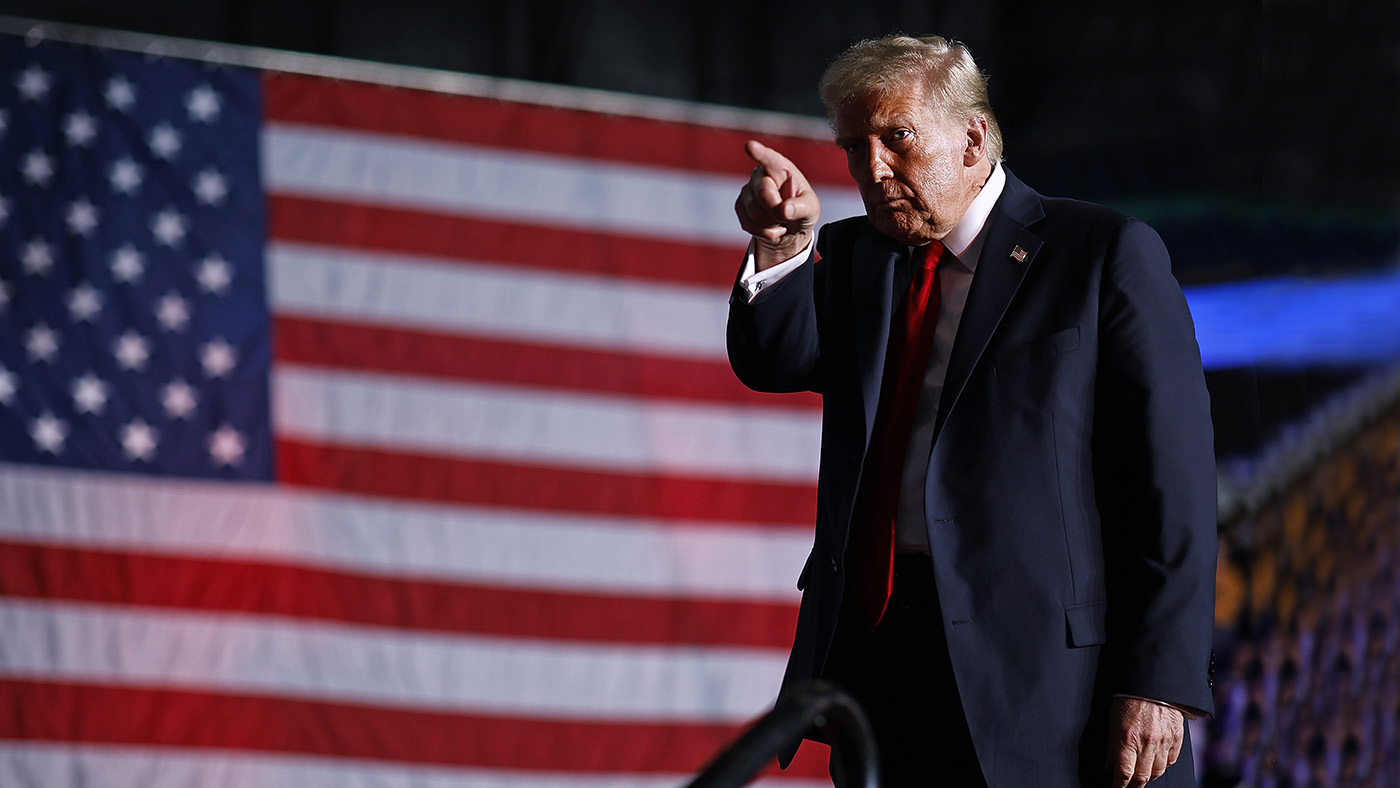It feels important not to respond too reactively to Donald Trump’s governmental appointments. They seem calculated to spread despair, seemingly chosen as they are to maximise dismay among liberals. This is not to ignore the immense damage Trump’s cabinet will surely do. But that’s all the more reason to devote energy to formulating a robust and organised response, rather than to tearing out one’s hair.
The horror show gets worse by the day, and Trump’s capacity to select the worst imaginable people is certainly in evidence for science and technology jobs. His secretary of energy, Chris Wright, is the CEO of fracking and oilfield services company Liberty Energy, who has denied that there is a climate crisis. Wright claims that, even if climate change is occurring, any problems it might create are “clearly overwhelmed by the benefits of increasing energy consumption.” Well, there are undoubtedly benefits to that for CEOs of fossil-fuel companies (for a time, at least). For the world at large, not so much. Wright has denied that we are in the process of a transition to greener, non-fossil-fuel energy sources. With a degree in mechanical engineering from MIT, he does not exactly deny climate change – he’s smart enough to realise that these days one can sustain a pretence of scientific credibility by claiming it’s simply not a problem. Elon Musk does much the same.
Potentially worse, especially for US citizens, in the short term are Trump’s appointees for health. I am assured by someone who knows him that Robert F Kennedy Jr, who will be secretary of health and human services, is both politically savvy and every bit as crazy as he appears. There seems to be no health-related conspiracy theory he can resist. Wifi causes cancer; chemicals in the water supply might turn children transgender (his thoughts on fluoridated water are on a par with Dr Strangelove’s General Ripper); Aids might not be caused by the virus HIV but by recreational drugs; mass shootings are the result of antidepressants. And on Covid and vaccines, you could play conspiracy bingo with Kennedy’s views. Vaccines aren’t safe and can cause autism; Covid was planned as part of a “sinister scheme” and was engineered to spare Ashkenazi Jews and Chinese people. To be clear: all these ideas are not only lacking a shred of evidence, but are also close to deranged. It seems inevitable that Kennedy’s vaccine scepticism will cause deaths; if there is another lethal pandemic in the next four years, God help America.
The nightmare for US health doesn’t end there. Trump’s intended administrator for the centres for medicare and medicaid services, Mehmet Oz, is a TV and talk show presenter and former surgeon who acted as a hosepipe for Covid misinformation, for example pushing the debunked “cure” hydroxychloroquine. His previous health tips included “magic” coffee beans for weight loss, and selenium supplements and red onion to prevent cancer. (Too much selenium can in fact can cause breathing difficulties and kidney and heart failure.)
And Jay Bhattacharya, a professor of medicine at Stanford University, has been named as Trump’s favourite for the leadership of the National Institutes of Health (NIH), the body that oversees much of the US medical research. Bhattacharya was a key signatory of the Great Barrington Declaration that opposed pandemic lockdowns, and he sought to play down the lethality of Covid. With a compliant fool in the post, it seems inevitable that Trump will seek to reinstate the restrictions on foetal tissue research he imposed previously on the NIH, which were reversed under the Biden administration.
In an editorial in Science magazine, the president of the US National Academy of Sciences (NAS), Marcia McNutt, called on scientists to resist the political polarisation of science, adding that scientists “must take a critical look at what responsibility it bears in science becoming politically contentious”. She said that “the NAS stands ready, as it always has, to advise the incoming administration”. This is frankly delusional. The old mantra that “advisers advise, ministers decide” might be apt for times of normal politics, but these are not those. There’s a difference between policy choices that weigh this or that scientific fact differently (which is entirely appropriate) and ones that fundamentally depend on a denial of facts. Trump’s science and technology appointees look set to unleash a blizzard of scientific falsehoods, endangering health, environment, and safety, while hampering research. If US scientists know what is good for them, they will be thinking about how to strengthen institutions to resist the onslaught.




